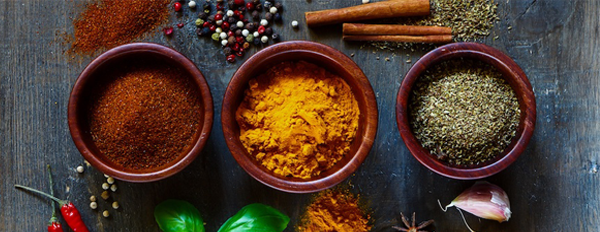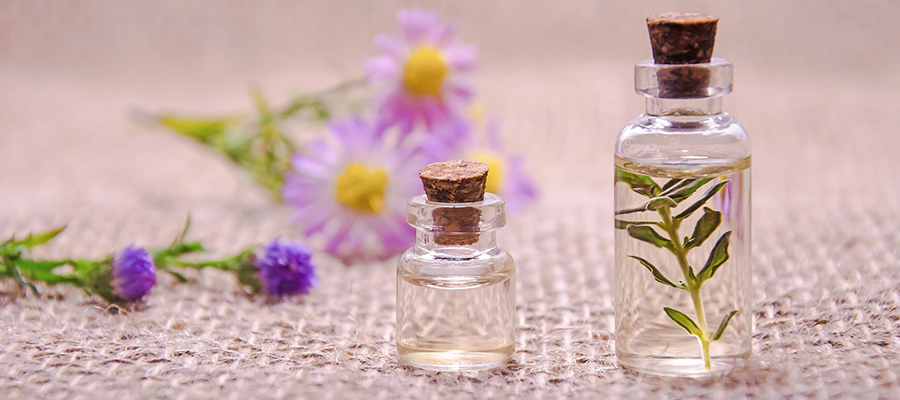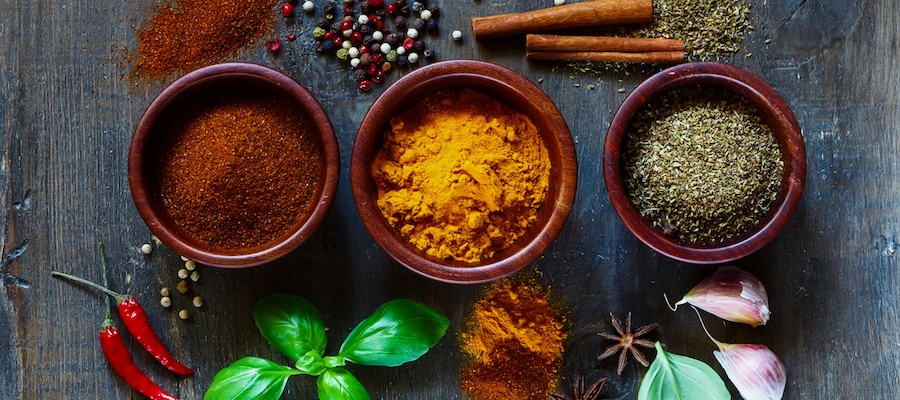Salt and its impact on health is a topic I grew up with. My mother had heart disease and high blood pressure. She passed at age 59 even though she took the medications available to her in the 70’s, grudgingly reduced her salt intake, and worked physically hard most of her life.
I grew up eating a reduced salt diet, although, that only meant not salting food at the table. We knew nearly nothing about the sodium content in the food we purchased and disclosure on packaged food did not exist at that time.
Today, we can search the internet and find that experts suggest a maximum salt intake of 5 gm. per day for an adult without a family history of blood pressure. If there is a family history then 2 gm. of salt per day is recommended.
So keeping in mind that natural foods also contain sodium it’s helpful to know how much is in our food because even drinking water contains sodium. For instance, the number of mg. per 100 grams of; spinach is 58, one egg 129, tomato 46, lentils 40, and banana 37.
The health risk of excessive sodium in our diet include:
- Stress arousal is created due to salt stimulating the Sympathetic Nervous System and adrenal glands.
- Water retention in the body increases weight gain, blood volume, and cardiac output resulting in high blood pressure which then causes damage to the artery walls where plaque begins to accumulate. Because table salt is not completely soluble in water it tends to harden the arteries when used excessively.
- Bone weakening can happen when excessive salt pulls calcium from the bones and is excreted through urine. Excessive salt also interferes with the elimination of certain system wastes like uric acid and, therefore, contributes indirectly to diseases such as gout.
- The kidneys can be weakened when they are burdened with removing excess salt from the body since they can only remove 4-5 gm of salt per day.
Adding flavor in recipes while reducing sodium:
- Adding flavor by seasoning foods using aromatic vegetables, fresh fruits, herbs and spices like onions, garlic, leeks, shallots, ginger and chives will provide the benefit of health-giving antioxidant nutrition.
- Try finishing off your favorite recipe like a pro by adding a splash of citrus.
- Consider using roasted garlic and/or tomatoes and sautéed onions to enhance the flavors in your special dishes even more.
- Don’t be afraid to add additional spices as needed to achieve the full flavor in your food that you desire.
Here are some of my favorites:
- A simple way I’ve learned to make pasta sauce is to sauté freshly grated garlic, fresh basil, peeled tomatoes, and oregano together in a bit of virgin olive oil.
- Potatoes roasted with fresh rosemary and a sprinkling of thyme will send aromatic smells throughout the house and the taste is amazing.
- Spaghetti sauce seasoned with a teaspoon of cinnamon will boost the flavor of its tomato base and the scent will set everyone’s mouth to water while it is still simmering on the stove.
- Enhance your rice and vegetable dish recipes with balsamic vinegar drizzled over it and add fresh chives, a sliver of ginger, and a dash of sesame oil to fried rice to rev up the flavor.
- Roasted chicken stuffed with a clove-studded onion then marinated with orange juice, dry mustard and honey is yummy.
Here are some ideas you may want to try to help spice up your favorite recipes:
Fish: bay leaf, cumin, curry, dill, dry mustard, green pepper, lemon juice, marjoram, onion, paprika, parsley and savory.
Beef: basil, bay leaf, cloves, dill, dry mustard, green pepper, horseradish, marjoram, nutmeg, onion, pepper, rosemary, sage, savory ant thyme.
Poultry: basil, dill, green pepper, lemon juice, marjoram, oregano, paprika, parsley, poultry seasoning, rosemary, saffron, sage, savory tarragon, and thyme.
Pork: Allspice, applesauce, cinnamon, cumin, curry, dry mustard, garlic, ginger, marjoram, onion, sage, savory, and thyme.
Vegetables: cinnamon, cloves, nutmeg, curry, cumin, dill, dry mustard marjoram sage and thyme, green onion, curry, lemon juice, bay leaf.
If you’re interested in learning more about nutrition, holistic health and even becoming a nutrition coach, check out www.achs.edu I’ve personally benefitted immensely from the on-demand professional development classes that I’ve taken. The college’s distance learning accredited certificate and degree programs make learning manageable for busy people like us.
Here are some references you may want to check out for more information:
- https://www.hsph.harvard.edu/nutritionsource/salt-and-sodium/
- https://my.clevelandclinic.org/health/articles/11726-flavoring-foods-without-salt
- https://health.clevelandclinic.org/kidneys-salt-and-blood-pressure-you-need-a-delicate-balance/
About ACHS
Founded in 1978, ACHS.edu is a Portland, Ore. based accredited college offering online, on-campus, and study abroad integrative health education. With undergraduate and graduate degrees, diplomas, certificates, and CEUs in integrative medicine, ACHS makes holistic health and wellness education accessible to a diverse community of learners, including healthcare professionals, military students, stay-at-home parents, and lifelong learners. Specializations include aromatherapy, herbal medicine, holistic nutrition, and wellness. ACHS is a Certified B Corporation® and 2016 Top Green Workplace award winner from The Oregonian. ACHS is also accredited by the Distance Education Accrediting Commission (DEAC), which is recognized by the U.S. Department of Education and by the Council for Higher Education Accreditation (CHEA). Visit www.achs.edu





